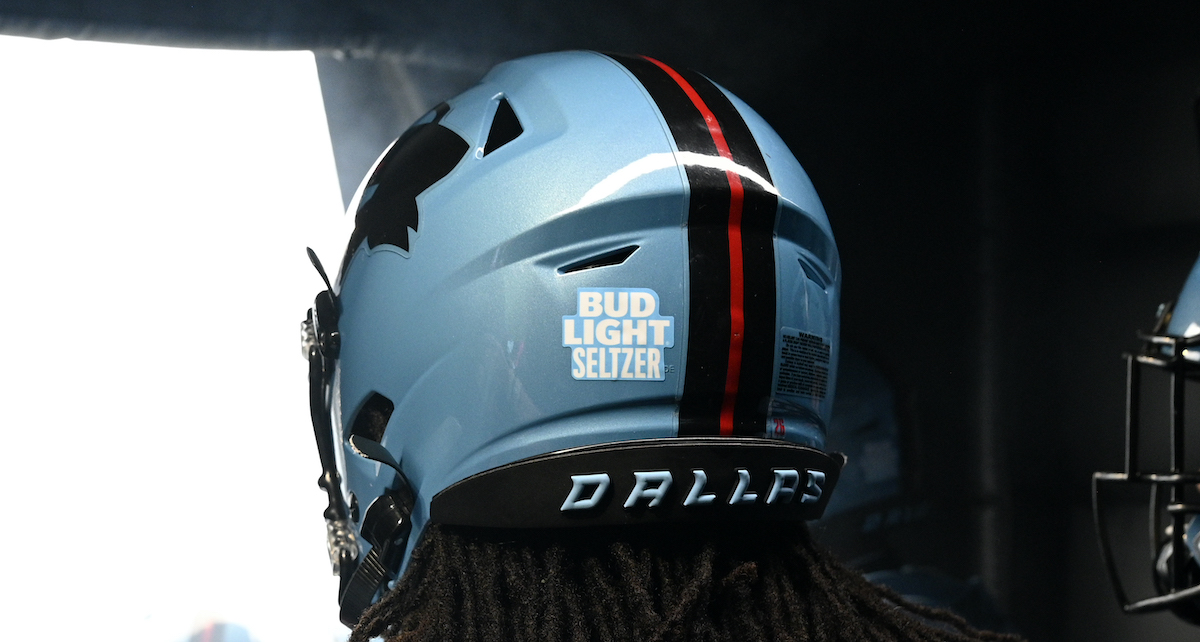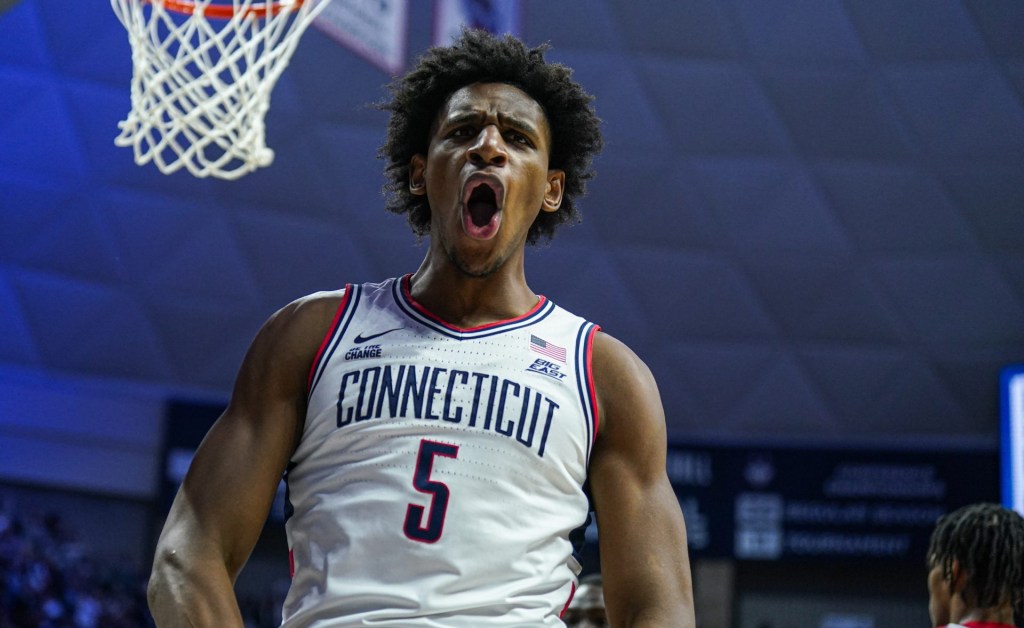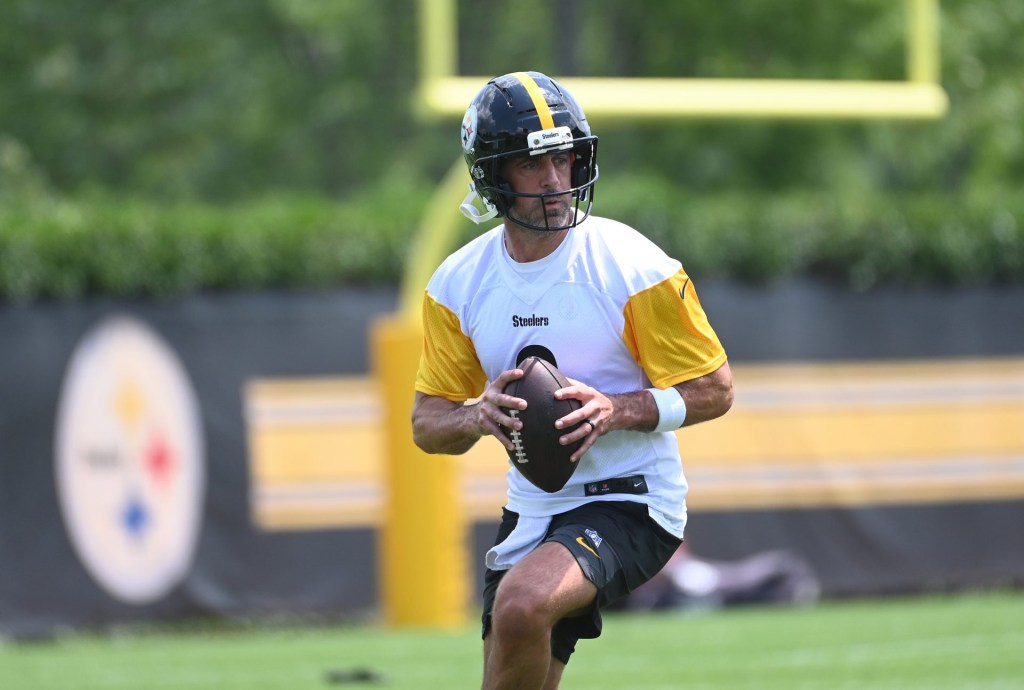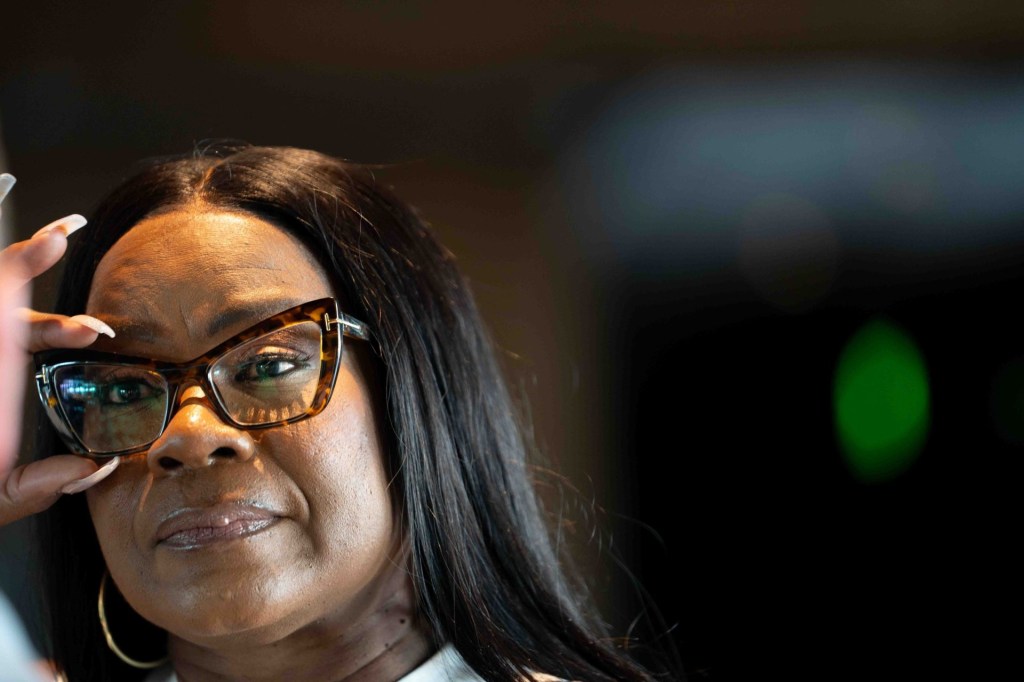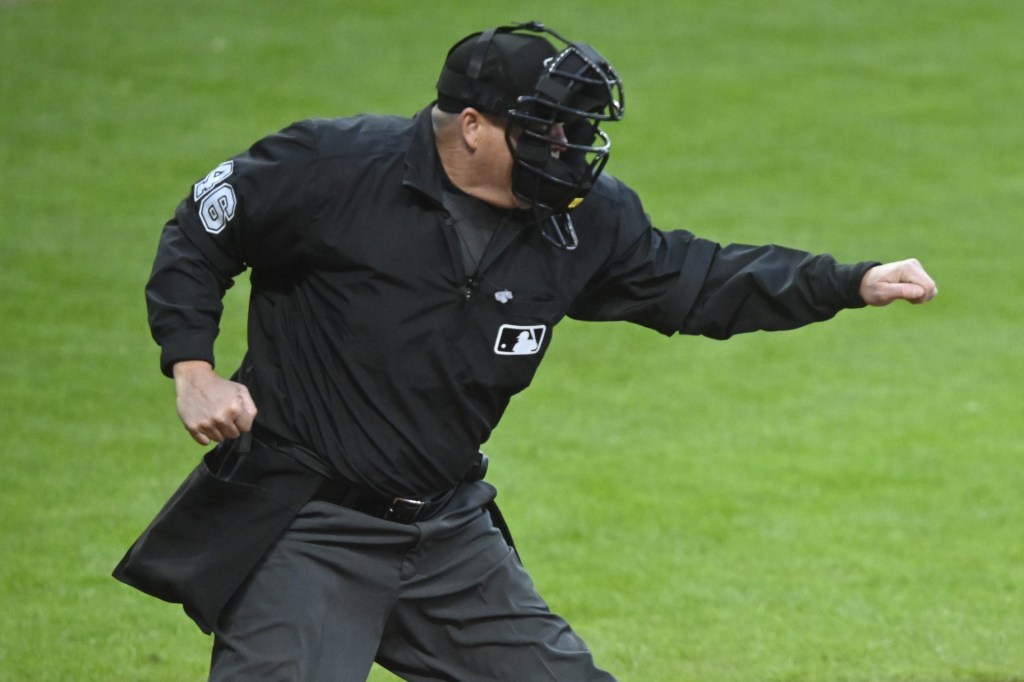Despite developing a massive culture buzz and significant sales growth, hard seltzer has remained relatively quiet in sports partnerships. But that is changing rapidly.
With the emergence of established alcohol brands in the category, especially of those that already play in the sports partnership world, the still-fledgling market could be ripe for the picking.
“We’ve seen it happen on several levels, especially with how hard Anheuser-Busch has come at the category,” Justin Kendall, editor of BevNet’s Brewbound, said. “The category won’t be triple-digit growth forever, but [sports partnerships] seem to be open season now.”
Hard seltzer sales grew 226.4% in 2019 – compared to beer’s less than 1% growth – and is expected to double to $3.5 billion this year, according to S&P Global. Kendall said some analysts have predicted it could eventually make up 12% of the beer category, noting it had a 5% market share at the end of 2019.
Until last summer, hard seltzer was still seemingly a novelty beverage.
Yet, the monster growth has spilled into the mainstream beverage world and led to beverage giant Anheuser-Busch InBev getting into the game with Bon & Viv, which became an NFL partner in the fall. The company also launched Natural Light Seltzers, which partnered with the Big 12, and now the company’s flagship Bud Light brand has entered the hard seltzer category.
The rapid growth of the category made it hard for the sports partnership space to keep up, Nick Kelly, AB InBev vice president of partnerships, beer culture, and community, said. Because it legally falls into the beer category, it has not been very easy for new potential partners to find deals.
Bud Light Seltzer will be anywhere Bud Light is a partner, which includes more than 50 teams and leagues, Kelly said. The way the partnerships are brought to life varies, Kelly said, while mentioning Bud Light Seltzer’s helmet patch with the XFL’s Dallas Renegades.
Kelly said Bud Light Seltzer would act as an alternative to beer at sporting events where the beverage might not have been available and, potentially, introduce new consumers to the still-emerging category.
“Sports gives us the opportunity to engage an entirely new group of consumers where people normally expect to find Bud Light,” Kelly said. “We see them as complementary. Sports are easy-drinking occasions, and whether you are drinking Bud Light or a Bud Light Seltzer, these are drinks that can be enjoyed while watching sports.
READ MORE: Kombucha Companies Making Push Into Sports As Market Expands
“We think there is a ton of runway in sports to not only introduce Bud Light Seltzers but help it grow into another beverage consumers can enjoy while cheering on their favorite team,” he said.
Another massive beer brand, Constellation Brand’s Corona, will enter the hard seltzer market this spring. Reports suggest the brand will spend $40 million in marketing efforts this year.
Despite the entrance into the category by big corporations and small brewers alike, White Claw continues to dominate the $1.75 billion segment, claiming 59% of the market share – growing its sales 315.9% last year. White Claw has been so dominant in the category some have already equated it to Kleenex or Band-Aid.
“They’ve defined the category,” Kendall said. “They’re ubiquitous and somewhat transcended what it is.”
Despite a recent surge of promotions, especially in Minor League Baseball, White Claw declined an interview for this story.
The lack of sports partnerships by a market leader and absence of major brands at the time led Covington, Kentucky-based Braxton Brewing to launch a seltzer brand, Vive, with real fruits. It also began seeking out sports partners, signing deals with FC Cincinnati, the Cincinnati Bengals, Columbus Blue Jackets, and the Indiana Pacers.
It was an opportunity to get into sports partnerships which were previously limited by big beer’s dominance, Jake Rouse, Braxton chief executive officer and co-founder, said. Still, partnerships were often hamstrung by “malt beverage” exclusivity clauses.
Rouse said the company is still in partnership conversations that regionally make sense to the brand’s four-state distribution footprint.
“For us, it’s a really big opportunity,” Rouse said. “We’re working hard on building the brand, and we’re playing in a different league with this. It’s an investment in the brand, but there’s no better way to associate locally than with that area’s sports teams and find those fans and get sampling at scale.”
The absence of market leaders didn’t last long, however.
Hard seltzer’s No. 2 brand, Boston Beer’s Truly with 26% of the market, became an official NHL partner in 2019 and, more recently, began signing team deals, including one with the Florida Panthers. Boston Beer CMO Lesya Lysyj said the team would continue to seek partnerships that align with the brand, especially to grow a “stronghold in the NHL.”
READ MORE: Alcohol Industry Segmentation Offers NHL New Partner Opportunities
The NHL deal is currently the only league partnership for Boston Beer, the nation’s largest craft brewer and maker of Sam Adams.
“Relatively speaking, hard seltzer is still a new category within the alcoholic beverage space, perhaps making it less known than traditional options,” Lysyj said. “Truly is meant to be enjoyed by all types of drinkers, so when looking for a strong partnership fit, we look to ensure that that is the case across the board.”
